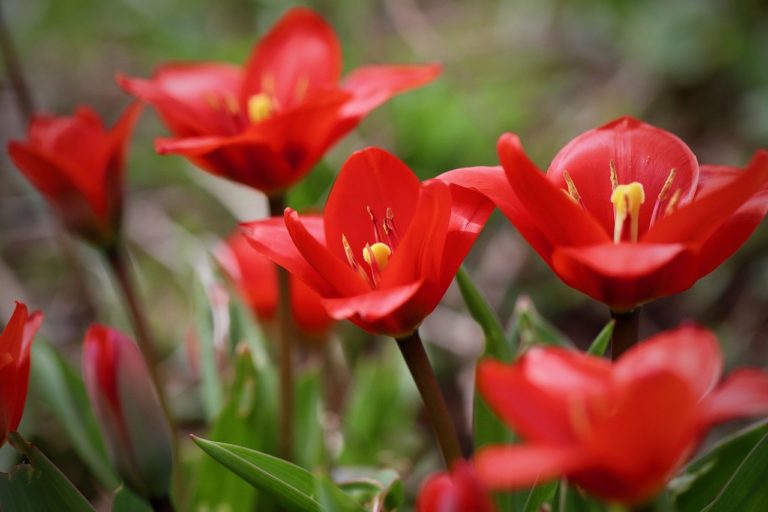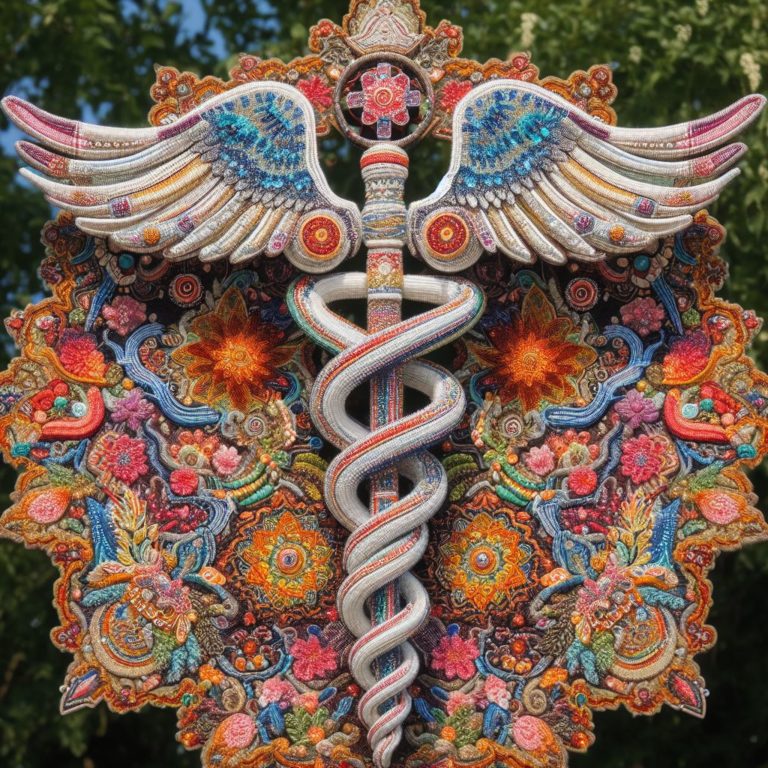How to Indigenize Decision-Making Processes and the Importance of Self Reflection and Bravery
Introduction
The issues of power, privilege, and oppression have become increasingly prevalent in public discourse in recent times. These issues are reflected in the decision-making processes of academic and professional organizations and committees. As an Indigenous person who has been involved in powerful non-Indigenous committees at the provincial and national levels for over 15 years, I have found myself in the position of challenging the prevailing paradigm and calling for a decolonial approach to decision-making. However, those in positions of power and privilege are often resistant to change and label any challenge to their beliefs as offensive and disruptive. This blog explores the complex concept of bravery and what it means to be courageous within these circles, highlighting the need to challenge colonial paradigms and prioritize the perspectives of diverse communities.

The Challenge of Decolonial Approaches
The challenge of decolonizing decision-making on committees is evident. Although there is a simple answer to the problem – utilizing Indigenous decision-making processes and incorporating Indigenous elders or knowledge keepers on committees – working with powerful and privileged individuals who are resistant to change can be difficult. When confronted with decolonial challenges, these individuals respond with contempt, confusion, and resentment, leading to those who question the status quo being labeled as troublemakers. This dynamic creates a culture of fear and silence, where speaking up against colonial practices is discouraged and may result in personal and professional consequences.
The Importance of Bravery in Decolonial Approaches
As we navigate the landscape of decision-making within committees, it is essential to reflect on values and beliefs and how they shape our understanding of key concepts such as bravery. In the context of the Seven Grandfather Teachings, bravery is often linked to acts of courage, resistance, and standing up for what is right, even in the face of opposition or danger. However, as an Indigenous person sitting on committees, I have often found myself at odds with the prevailing paradigm, which is rooted in the unwritten rule of the right to comfort. This rule privileges the feelings and opinions of those in power, often at the expense of other communities such as Indigenous, Black, and LGBTQ2S. Even on committees tasked with promoting equity, diversity, and inclusion, this dynamic often plays out.
The Need to Challenge Colonial Paradigms
Through my 15 years of experience on various committees, I have come to recognize that true progress towards justice is unlikely to occur when the leaders are white. This is because they are the ones most likely to uphold unchecked and entrenched colonial beliefs that perpetuate systems of oppression and deny their existence. It is crucial to challenge these colonial paradigms and prioritize the perspectives of diverse communities. This requires an intentional shift towards decolonizing decision-making processes on committees, such as utilizing Indigenous decision-making processes and incorporating Indigenous elders or knowledge keepers on committees.
The Role of Indigenous Knowledge Keepers
Incorporating Indigenous knowledge keepers into committees is a crucial step in the decolonization of decision-making. Indigenous knowledge keepers hold valuable knowledge that has been passed down through generations and can offer a different perspective on decision-making. They can provide a counterbalance to the dominant Western paradigm, which often disregards the perspectives of Indigenous people and other marginalized communities. Including Indigenous knowledge keepers in committees can also help to break down the culture of fear and silence by providing a safe space for Indigenous people and other marginalized communities to voice their concerns and perspectives.
The Importance of Self-Reflection
In addition to incorporating Indigenous knowledge keepers, individuals in positions of power and privilege must engage in self-reflection. This requires examining one’s own biases and assumptions and understanding how they influence decision-making processes. It also requires acknowledging the harm and violence perpetuated towards Indigenous peoples and other marginalized communities by colonial decision-making processes. Engaging in self-reflection can be uncomfortable and challenging, but it is essential to move towards a decolonial approach to decision-making.
Conclusion
In conclusion, issues surrounding power, privilege, and oppression have increasingly come to the forefront of public discourse. Within academic and professional circles, these issues are often reflected in the ways in which organizations and committees make decisions. As an Indigenous person involved in powerful non-Indigenous committees over the past 15 years, I have often found myself in the position of challenging the prevailing paradigm and calling for a decolonial approach to decision-making. The concept of bravery and what it means to be courageous within these circles takes on a new and complex meaning, requiring all of us to challenge the colonial paradigms that underlie decision-making and to prioritize the perspectives of diverse communities over the right to comfort of those in power. Incorporating Indigenous knowledge keepers and engaging in self-reflection are crucial steps in decolonizing decision-making processes on committees. This shift towards decolonization is essential to move towards a more just and equitable society that values and prioritizes the perspectives and experiences of all communities.

